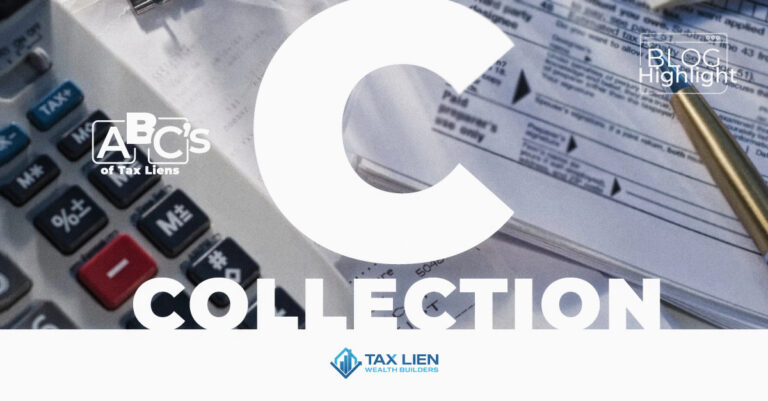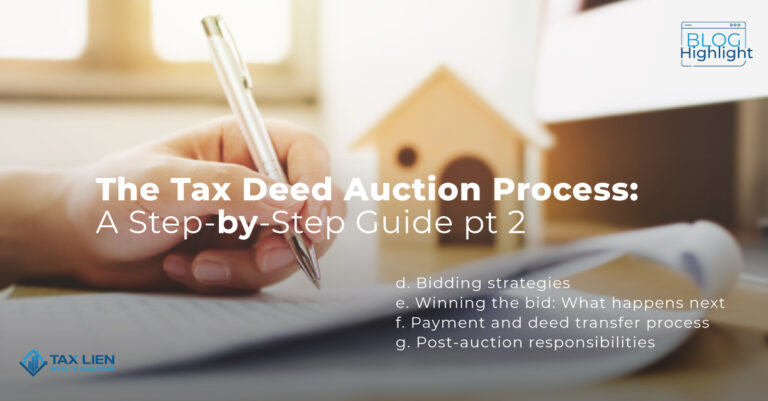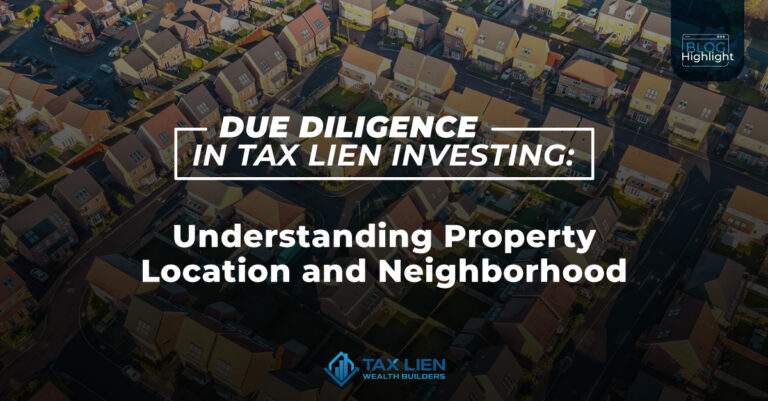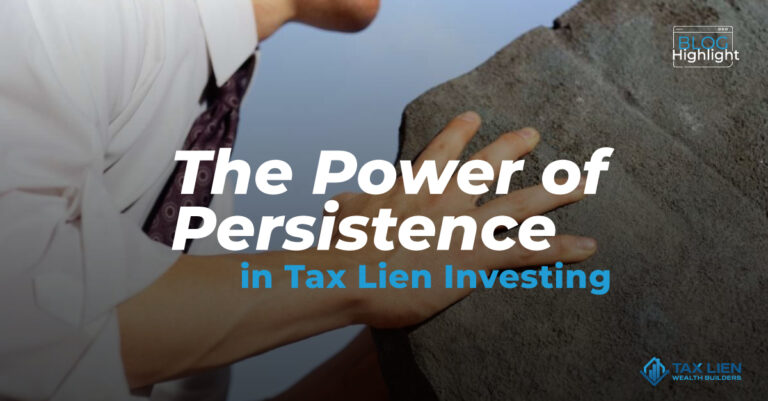How To Get Educated in Tax Lien investing
Quality and continuous education is the difference between tax lien investors that succeed and those who struggle.
Staying informed about changes in laws, market conditions, and refining strategies based on experience contributes to long-term success in this dynamic investment niche.
Here’s why ongoing learning is so crucial:
Why Get Education?
Dynamic Nature of Laws
Tax lien laws and regulations can change over time.
Staying updated on any amendments or new legislation is vital to ensure compliance and make informed investment decisions.
Failing to keep up with these legal shifts could leave you vulnerable to costly mistakes.
Market Conditions
Real estate markets are dynamic and can be influenced by a variety of factors.
Keeping abreast of market conditions, trends, and economic indicators helps investors adapt their strategies to changing environments.
The ability to pivot and seize opportunities as the market evolves is key.
New Opportunities
Learning about emerging markets, niche investment areas, or innovative strategies can provide investors with a competitive edge and the ability to explore new and diverse opportunities.
Diversifying your portfolio and expanding your reach can lead to significant returns.
Risk Management
Understanding potential risks associated with tax lien investing, such as legal challenges, property issues, or economic downturns, allows you to proactively address and mitigate these risks.
The more you know, the better equipped you’ll be to navigate potential pitfalls.
Networking
Engaging with other investors, industry professionals, and attending conferences or workshops provides valuable networking opportunities.
Sharing experiences and insights with peers enhances learning and can lead to collaborative ventures. Making meaningful connections can open up a world of possibilities.
Technology and Tools
Technological advancements and new tools can impact the efficiency and effectiveness of tax lien investing.
Staying educated on the latest technologies and tools allows you to streamline processes and gain a competitive advantage. This in itself can give you an edge over your competitors.
Legal Expertise
Tax lien investing involves legal intricacies.
Educating yourself in legal aspects ensures that you are well-equipped to navigate complexities, understand your rights as a lien holder, and comply with legal requirements.
Staying on top of the legal landscape is non-negotiable.
Adaptability
The ability to adapt is crucial in any investment landscape. Being able to pivot and refine your strategies on the fly can make all the difference.
Continuous education cultivates adaptability by helping you understand and respond to evolving market dynamics, economic shifts, and changes in investor behavior.
Refining Strategies
Experience is a valuable teacher. Learning from both successful and challenging experiences in tax lien investing allows investors to refine their strategies.
Analyzing past investments provides insights into what works and what can be improved. Continuously refining your approach is the key to long-term success.
Evolving Investment Goals
Your financial goals may evolve over time.
But continuous education helps align investment strategies with changing goals.
Whether focusing on income generation, long-term growth, or risk mitigation, education supports strategic alignment.
Legal Compliance
Staying informed about legal requirements and compliance is non-negotiable. Changes in tax codes, zoning laws, or redemption period regulations can impact investment outcomes.
Ongoing education ensures that you remain in compliance with the law and avoid costly penalties.
Global Economic Trends
Factors such as interest rates, inflation, and geopolitical events can influence investment decisions.
Staying informed about these macro-level developments can help you make more strategic choices.
Historical Analysis
Understanding how market conditions have influenced past investments contributes to making informed decisions in the present.
Learning from the past can inform your future strategies.
By staying informed, adapting to changes, and continuously refining your approach, you position yourself for long-term success in this dynamic market.







